Were you in denial … and got blindsided? Or did you see it coming for months… even years?
Whether it ends with a bang or a whimper, breaking up is a difficult time in life. It’s hard on your emotions, your once-comfortable way of life, and it’s really hard on your brain.
In fact, a study done by some Columbia neuroscientists points to the fact that going through a break up triggers the same regions of the brain that react to physical pain. Break ups aren’t just emotionally or logistically challenging – they literally put your brain in pain.
If you’re a guy, it can be especially hard to wrap your head – and heart – around a break up because even though it’s almost the second decade of the 21st century … men are still ingrained by culture that we’re to be strong and stoic and have control over our painful emotions. The result of that is not stronger men, but men afflicted with the effects of not intentionally feeling, accounting for, and dealing with, this type of emotional pain.
That takes a man of real emotional strength.
We can’t possibly write a guide that covers EVERY aspect of a break up. What we can do is hit the most important points to get you going on your path toward healing and normalcy based on our own experiences here at Primer.
And from that, first and foremost we can tell you: It’s going to be okay, bud.
→ Going through a divorce? How to Get Through a Divorce and Be Proud of Yourself in 10 Years
Feel the Feelings
Traditionally, phrases like “Be a man” and “Man up” are ramrods used to stuff down your emotions. But what happens when the emotions come flooding so fast it overwhelms that instinct?
Roll with it.
It won’t be fun, and you may not feel like yourself, but acknowledge what you are feeling and allow yourself to feel it.
It may seem obvious in the moment, but try to actually characterize what it is you’re feeling beyond, “I feel really shitty because I just got dumped, duh.”
Betrayed? Lonely? Remorseful? Guilty? Abandoned? Angry? “Feel the feelings” shouldn’t simply be interpreted as “allow the time to pass as you’re living with negative feelings.” If you’re feeling betrayed, consciously identify that. Allow yourself to feel betrayed. Why do you think you feel that way?
Writing it down can be a surprisingly clarifying way to work on this. Read Primer’s awesome guide to journaling to see how.
Just as important…
Don’t Do All The Drugs (Including Work and Sex)
We’ll get to healthy distraction later, but first let’s talk about the kind of instinctual but destructive behavior that will keep you from healing.
I’m not talking about a night or five of partying to get through that first shocking and painful week. I’m talking about weeks or months of letting depression or addiction fester into something toxic.
Alcohol, drugs, workaholism, and serial dating are in-the-moment distractions that will prolong the pain. If you’ve ever wondered about the way drinking fits into your life, this article may help: Gentlemanly Advice: Just Because You’re Not an Alcoholic Doesn’t Mean You Don’t Have a Problem with Alcohol
Whether or not you have a tendency to lean on substances for release, the loss of a love is incredibly stressful, and you will need help to get through it.
Which is why you should…
Get A Therapist
Therapy takes the mystery out of healing.
A good therapist will help you work out a path forward and uncover any stumbling blocks that might keep you from getting closure. They will be a sounding board and a dose of reality in a way that your friends and family might not be.
In-person therapy is the best, if you can afford it money and time-wise. You can find therapists in your area by visiting Psychology Today.
If you’ve listened to a podcast in the last year, you’ve probably heard ads for Talk Space or Better Help, where you can talk to a therapist via chat, phone, or video. This is a great option if you’ve never tried therapy before, especially if you find yourself in a tough spot.
If you’re really, really not into the therapy scene, it’s still a good idea to find someone outside your immediate friend-circle to talk to you. School counselors, pastors, non-family mentors, or meditation teachers are all good choices. Just remember that these people are not trained professionals, so you still need to take any advice they give you with a grain of salt.
While you’re at it, read the book Coming Apart: Why Relationships End & How to Live Through The End of Yours, a book recommended to Primer founder Andrew by his therapist after a long-term relationship ended.
Don’t Try To Win Your Ex Back
Decades of romantic movie plots have incorrectly taught us that pretty much all break-ups warrant some sort of go-for-broke romantic gesture to try to initiate getting back together. But real life isn’t the movies.
Sometimes your former significant other wants space, and your dozen puppies wearing “take me back” sashes can (and will) come off as desperate. Desperate is bad because, whether your former partner understands it consciously or not, it represents a lack of understanding of the issues that caused the relationship to end. The Hail Mary is a move someone makes to distract their ex from the fact that nothing has changed.
On the flipside, there’s absolutely nothing you can do to force someone to love you or to want to be with you.
Most relationships fall apart for one of three reasons:
- A failure of productive communication on difficult issues,
- A difference in long-term values, or
- Being too different from each other that the friction makes a relationship undesirable.
Even if you get your foot back in the door after popping out of a giant gift box with 500 roses promising everything will be different now I swear, the two of you will find yourselves in the exact same place you were when you broke up because the real issues were not reconciled by the distraction.
What can you do…eventually? You can attempt to do the hard work and see if they’re open to a conversation on addressing the real issues. But this will require some time to create space and doing the difficult emotional work on your end first so that real, positive change is possible.
So what do you do now?
Social Media Ban
Once you’ve accepted that the break up is truly happening, your first task is to get out of your ex’s social media orbit. Unfollow or mute everything so you don’t get ambushed with their pictures and stupid Rumi quotes about new beginnings.
Avoid looking as much as you can… But don’t beat yourself up if you do.
If you’re going to look up your ex, try to do it intentionally. Ask yourself, “If I were to see something I don’t want to see right now, am I in a good place to handle it?”
What About Mutual Friends?
Another post-break-up minefield is divvying up the mutual friends, who are the equity built up over a long-term relationship.
Certain cases should be obvious. For example, the friends each member of the former couple brought to the relationship generally side with their original friend.
It’s probably a good idea to avoid “custody” battles over friends with your ex. It’s a losing proposition and will almost certainly end badly, maybe even with lost friends.
People tend to naturally gravitate towards one “camp” or another after a break-up. Let it happen.
Post-break-up, the friendships you keep are organic and already battle-tested.
But what if there are already social engagements involving mutual friends? Like the two of you are both in a friend’s wedding? Good question.
The Slingshot: Recalibrate And Embrace The Transition
Break ups are super personal, and also super universal. Any time of disruption releases a lot of energy. Which doesn’t necessarily have to be all negative.
You may not yet be in a place to hear this, but pin this thought for later:
Break ups contain an opportunity to jump forward in your personal growth in a way that you might not have access to during normal life.
After you’ve gotten through the initial shock phase, think about what you’ve been wanting to do but previously didn’t focus on. Maybe you want to do some volunteering, or start playing guitar, or lose 15 lbs, or take a step toward moving your career forward.
Here’s a great list of short-term goals to get you started.
Take advantage of the disruption forced on you. Start by planning steps for what you want in your career, family, hobbies, and personal life.
Will you let the colossal energy of a breakup go to waste? Or use it?
→ How To Reinvent Yourself And Start A New Chapter Of Your Life
Take Stock Of What Worked … And What You Want In The Future
Deep breathing time.
When you’re ready, do a postmortem on the end of your relationship. Take an honest look at what worked and what definitely did not work.
Remember that therapist you’re seeing? Use your failed relationship to make you better at relationships. Whether your ex was truly a monster, or you were truly a terrible listener, it’s all highly valuable data for preventing the same thing in the future.
Your future self and future partner(s) will thank you.
…And Then Stop Obsessing About It
At a certain point, you may pass the point of healthy exploration of your old relationship and get into obsessive territory.
This is pretty normal.
Be easy on yourself if you do get into some obsessive thinking, but stop it.
Consciously go enjoy doing something you wouldn’t have done as part of a couple.
Hit the gym and then wreck your gains with a whole meat lover’s pizza in your underwear. Host a screening of all the LOTR films back to back. Play video games, surprise your parents with a visit, listen to a surprisingly excellent podcast about Dolly Parton. Stay out late and realize you don’t have to call home.
Do whatever it takes to get yourself out of the endless cycle of thinking about the breakup.
None of these activities need to be undertaken in a spiteful way. It’s all about enjoying the newfound freedom that being single affords you. It’s a silver lining in an otherwise painful situation.
Be conscious of the fact that now that you’re a free agent, you have the time and ability to do what makes you happy… without needing anyone else’s input. There’s a freeing and empowering quality to that realization.
Better yet–
Reconnect With Your Tribe

Take a road trip. Call up your best college buddy and see if he’ll let you crash for a few days.
When was the last time you planned a trip without considering what anyone else wanted? Plan it out, book a hotel room for a few nights and hit the road.
See some sites, eat some good food, get a barber shave, go for a hike, chat up some locals, make some new memories.
Taking some time to be alone with yourself can help you get back in touch with the “you” that was there when the relationship started, and remind you that the same person is still there now that it’s over.
You Can Do This.
Whether you knew it was on the rocks or your heart got stomped on by the person you thought you’d be with forever, parting ways with someone after a long (or short) time together can be a major life transition.
If you’re hurting right now, don’t lose sight of the fact that you’re still you.
So much of a relationship is about two individuals becoming a unit. When you’re once again out on your own, it takes some time to recalibrate.
But real talk: You WILL get through it and you WILL come out stronger on the other side. It will be difficult at times, but there are ways to enable yourself to not just cope, but actually thrive under these new life circumstances.



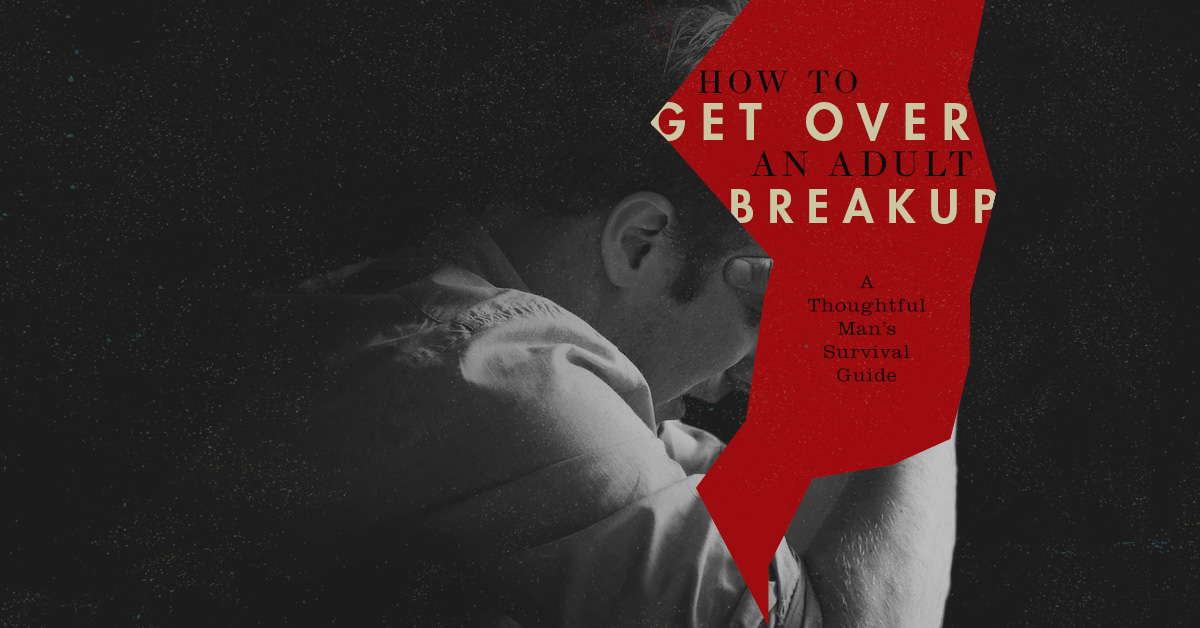
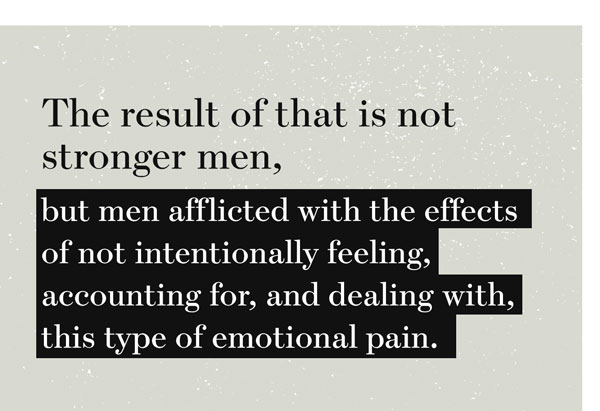
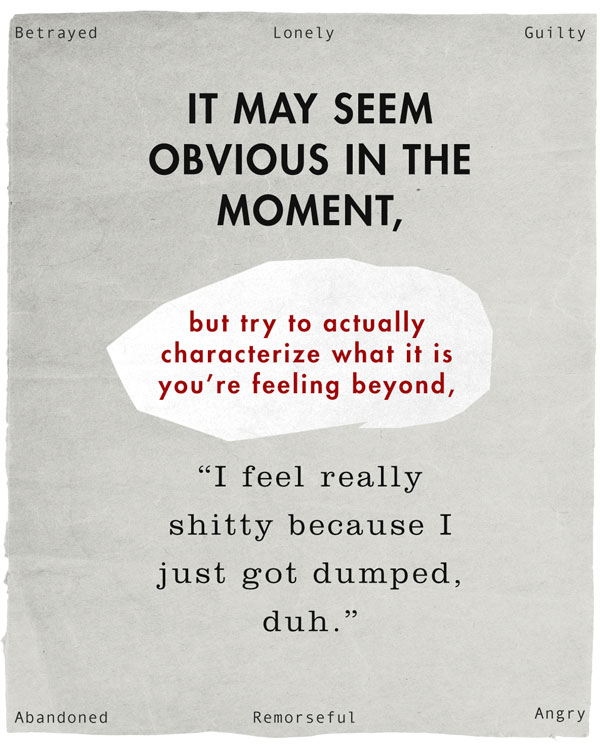
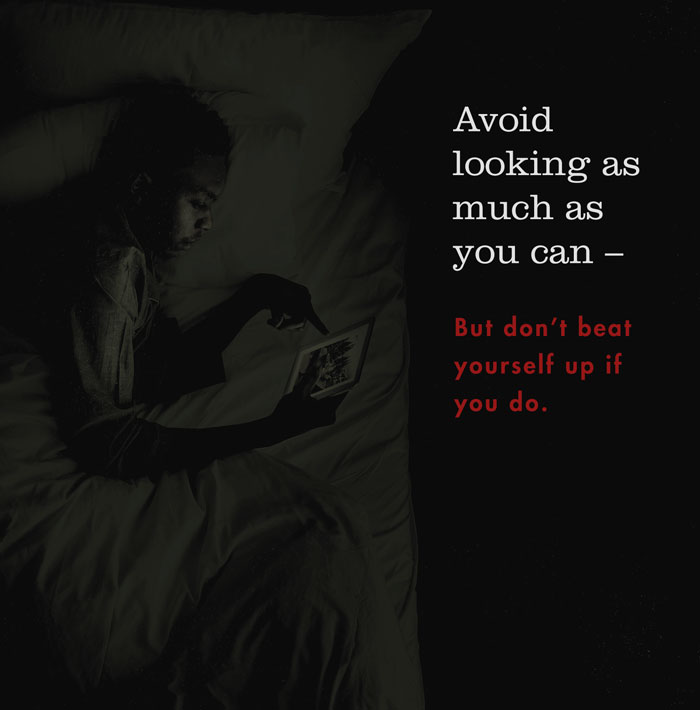
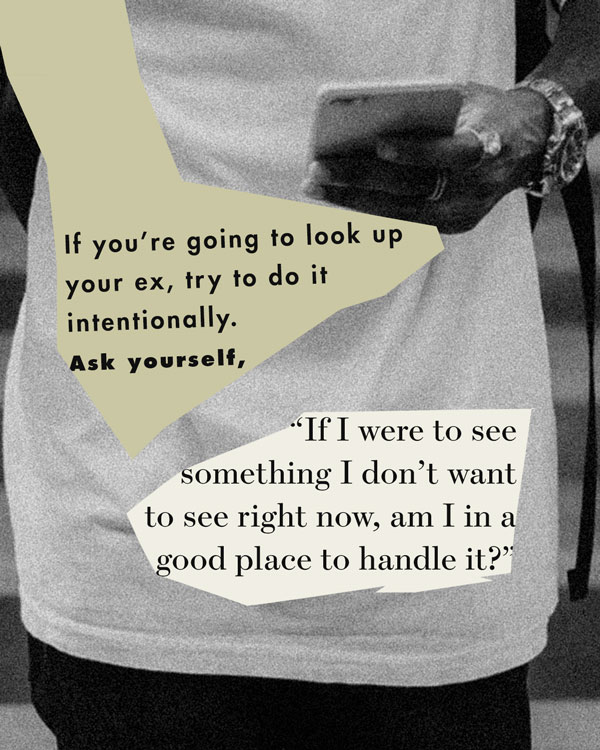
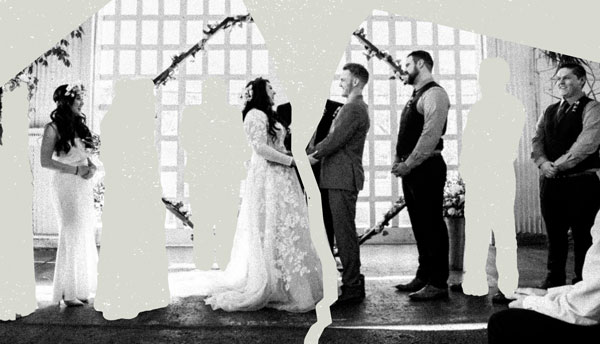

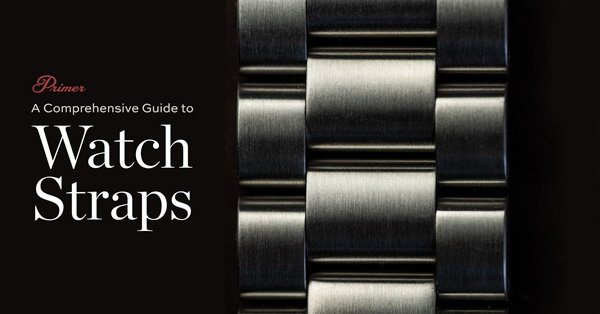
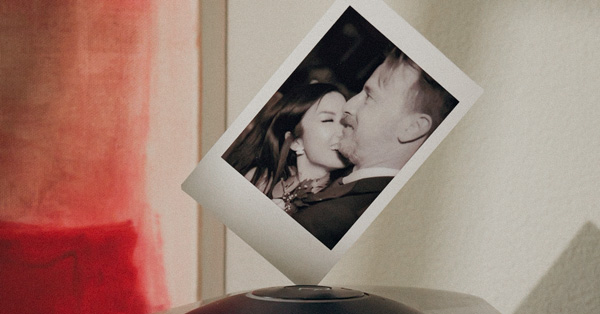



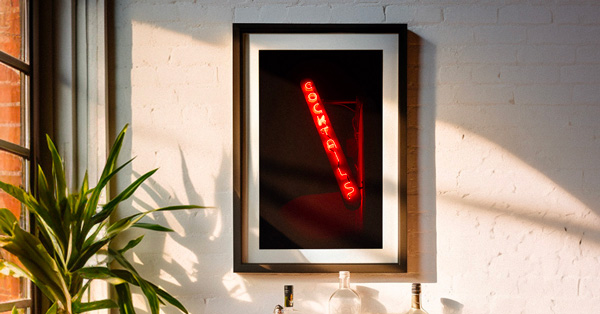





![It’s Time to Begin Again: 3 Uncomfortable Frameworks That Will Make Your New Year More Meaningful [Audio Essay + Article]](https://www.primermagazine.com/wp-content/uploads/2025/01/begin_again_feature.jpg)